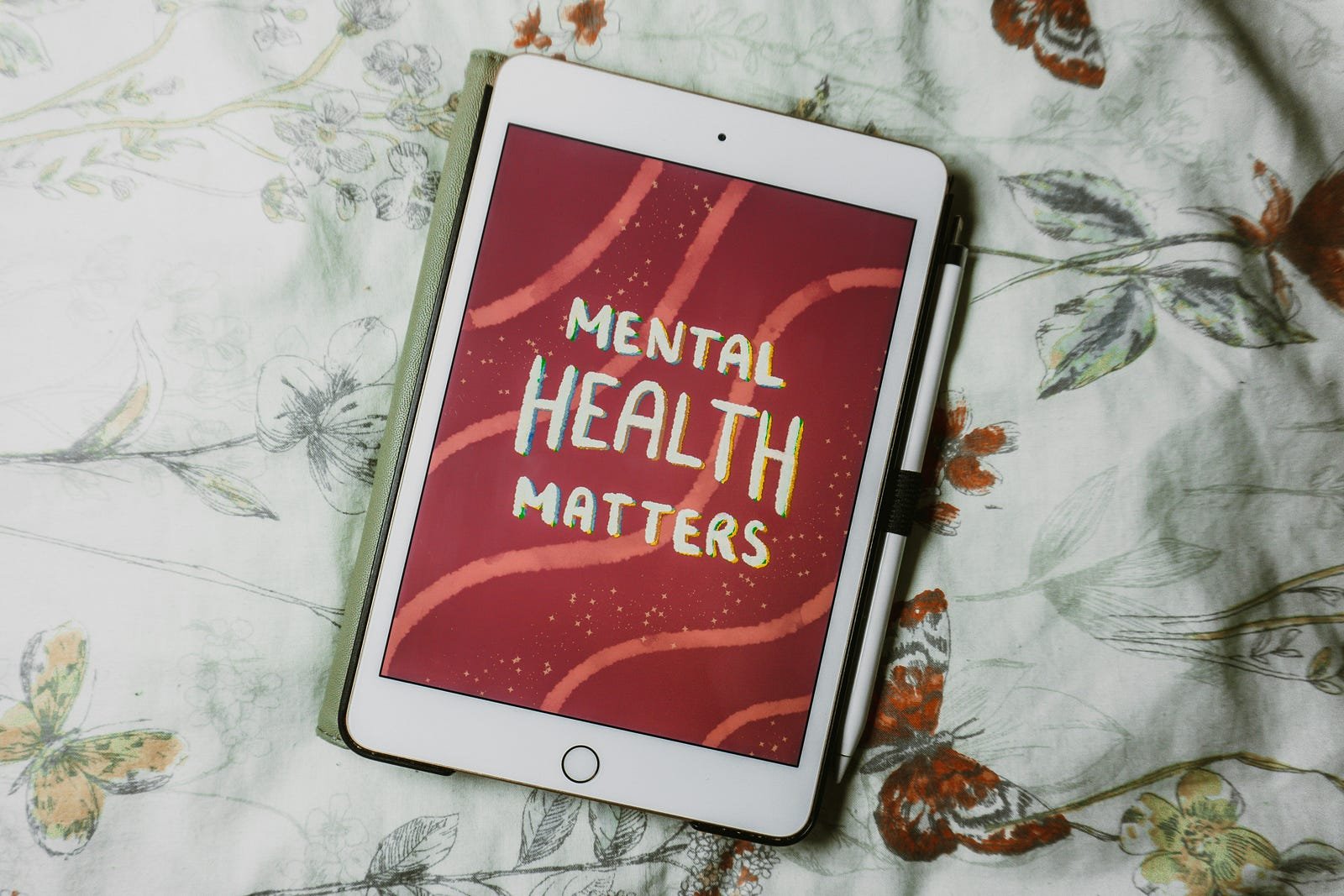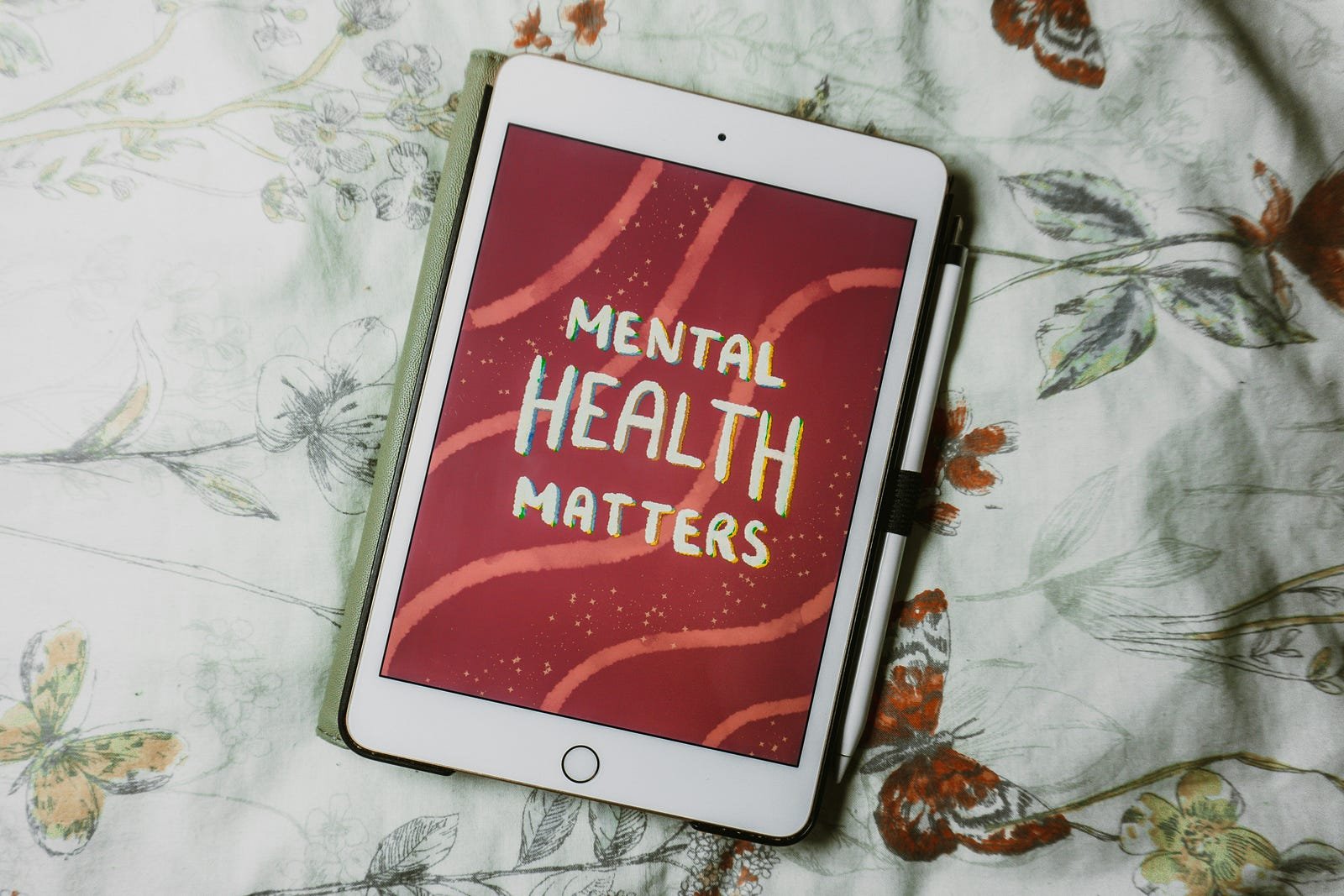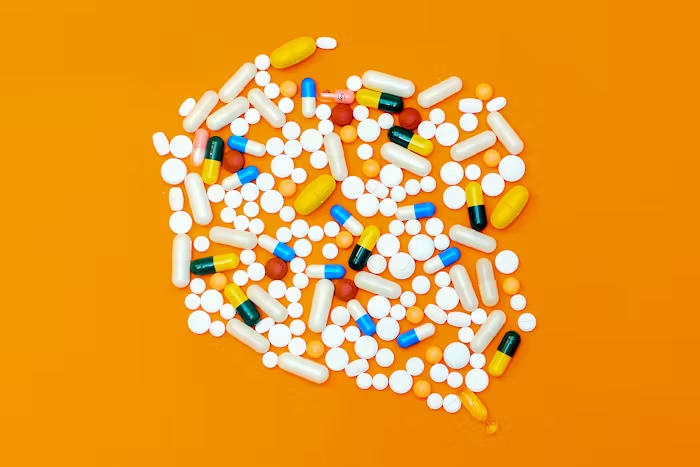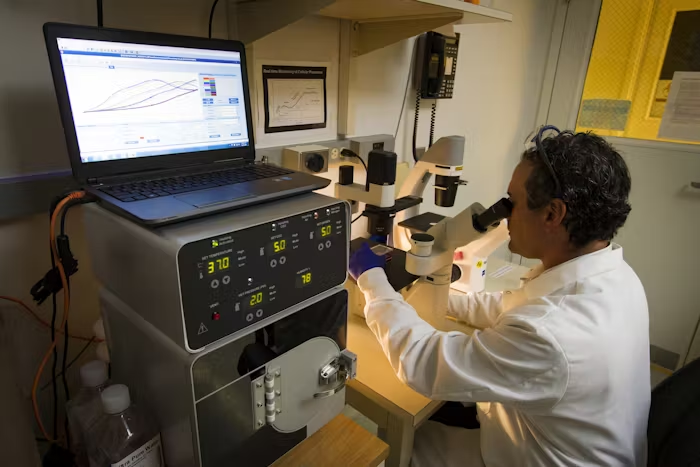Social media has revolutionized the way we communicate, learn, and share ideas. Platforms like Instagram, TikTok, Twitter, and Facebook allow us to connect with others worldwide, but they also come with a significant impact on mental health. While social media offers benefits like fostering community and access to resources, it can also contribute to anxiety, depression, and self-esteem issues.
This article explores the intricate relationship between social media and mental health. By delving into both positive and negative effects, we aim to provide a balanced perspective and actionable insights.
The Positive Impact of Social Media on Mental Health
1. Fostering Connection in a Digital Age
Social media enables people to maintain relationships across distances, build friendships, and join communities centered around shared interests.
- Support Networks:
- Online groups provide a lifeline for individuals with rare conditions, offering emotional support and advice.
- Platforms like Reddit and Facebook have numerous communities where users can discuss mental health openly.
- Combatting Loneliness:
During events like the COVID-19 pandemic, social media played a crucial role in keeping people connected and engaged.

2. Raising Awareness About Mental Health
Social media has democratized access to information about mental health, breaking down stigmas and encouraging open dialogue.
- Influencers, therapists, and activists share tips on managing anxiety, depression, and other conditions.
- Campaigns like #MentalHealthAwarenessMonth amplify the conversation, reaching millions.
3. Inspiring Positivity and Personal Growth
Social media is a powerful tool for motivation and self-improvement.
- Content That Encourages Growth:
- Wellness accounts provide mindfulness practices, fitness routines, and nutrition advice.
- Stories of resilience inspire people to overcome challenges.
- Educational Opportunities:
Platforms like LinkedIn offer resources for professional development, while TikTok and YouTube provide tutorials for various skills.
The Dark Side of Social Media: Negative Impacts on Mental Health
1. The Comparison Trap
Scrolling through curated feeds filled with highlight reels often leads to harmful comparisons.
- Unrealistic Standards:
- Influencers often post idealized versions of their lives, sparking feelings of inadequacy.
- Filters and editing tools amplify beauty standards, affecting self-esteem.
- FOMO (Fear of Missing Out):
Seeing others’ vacation photos or social events can make individuals feel excluded or left behind.
2. Addiction and Overuse
Social media is designed to be addictive, with algorithms that encourage endless scrolling.
- Signs of Addiction:
- Checking social media during every spare moment.
- Anxiety when unable to access platforms.
- Mental Health Consequences:
- Excessive use is linked to poor sleep quality, increased stress, and reduced productivity.
- Doomscrolling — compulsively consuming negative news — can exacerbate anxiety.
3. Cyberbullying and Online Harassment
The anonymity of the internet often emboldens individuals to engage in harmful behavior.
- Effects of Cyberbullying:
- Victims experience depression, anxiety, and in severe cases, suicidal thoughts.
- A 2022 study by Pew Research found that 59% of teenagers in the U.S. have faced online harassment.
- Troll Culture:
Public figures and influencers often face relentless trolling, leading to burnout and mental health issues.
4. Echo Chambers and Polarization
Social media algorithms tend to show users content that aligns with their beliefs, creating echo chambers.
- Psychological Effects:
- Exposure to polarized content fuels anxiety, anger, and feelings of alienation.
- Constant arguments in comment sections can take a toll on mental well-being.
The Role of Social Media Algorithms in Mental Health
Social media platforms use algorithms to personalize user experiences. While this can enhance engagement, it often amplifies negative effects.
- Endless Scroll:
Infinite scrolling keeps users glued to their screens, reducing time for offline activities and relationships. - Amplification of Negative Content:
Content designed to provoke strong emotions — anger, fear, or sadness — is more likely to go viral.
Understanding how algorithms work is crucial for using social media mindfully.
Demographics Most Affected by Social Media
1. Teenagers
Adolescents are particularly vulnerable to the mental health effects of social media.
- Body Image Issues:
Studies show a link between Instagram use and negative body image among young girls. - Sleep Disruption:
Teenagers often stay up late scrolling, leading to poor sleep and fatigue.
2. Young Adults
College students and young professionals may experience stress from comparing career milestones or academic achievements.
Practical Tips for Using Social Media Mindfully
1. Set Boundaries
Establish limits to prevent overuse.
- Use apps to track screen time and set usage caps.
- Designate phone-free zones, such as during meals or before bed.
2. Curate Your Feed
Follow accounts that uplift and inspire rather than trigger negative emotions.
- Unfollow Toxic Content: Accounts promoting unrealistic standards or constant negativity.
- Engage Positively: Comment on posts that resonate with you and avoid online arguments.
3. Practice Digital Detoxing
Take breaks from social media to recharge mentally.
- Start with short breaks, like one day per week, and gradually extend them.
- Use the time to engage in offline hobbies or connect with loved ones.
4. Educate Yourself
Understanding the psychological effects of social media can help you navigate it more wisely.
- Read articles or watch documentaries about the impact of social media on mental health.
- Learn about algorithms and how they influence your behavior.
The Role of Parents and Educators
Parents and educators play a critical role in guiding children and teenagers toward healthy social media habits.
1. Open Conversations
Discuss the pros and cons of social media and encourage kids to share their experiences.
2. Lead by Example
Model balanced screen time habits and prioritize face-to-face interactions.
3. Teach Digital Literacy
Help young people differentiate between authentic and manipulated content.
How Social Media Platforms Can Improve Mental Health Outcomes
Tech companies have a responsibility to prioritize user well-being.
1. Introducing Well-Being Features
Platforms like Instagram now offer tools to limit screen time and mute harmful comments.
2. Promoting Mental Health Resources
Social media platforms can partner with organizations to provide accessible mental health support.
Success Stories: Leveraging Social Media for Mental Health
Social media isn’t all bad; many individuals and organizations use it as a force for good.
- Therapists on TikTok: Professionals share mental health tips and normalize therapy for younger audiences.
- Peer Support Networks: Platforms like Discord host groups for mental health discussions and support.
Social media is a double-edged sword, offering unparalleled connectivity while posing significant risks to mental health. By understanding its impact and adopting mindful practices, we can harness its benefits while minimizing harm.
Whether you’re a teenager navigating peer pressure or an adult seeking balance, being intentional with your social media use can lead to a healthier, more fulfilling life. As users, platforms, and policymakers collaborate to create a safer digital environment, the future of social media and mental health holds promising potential.














